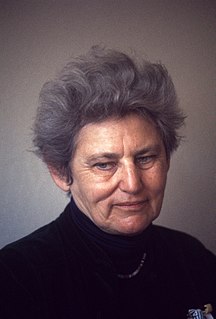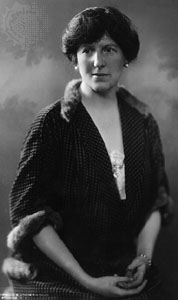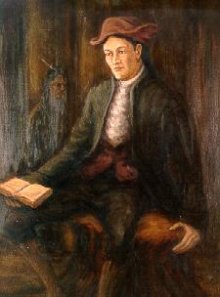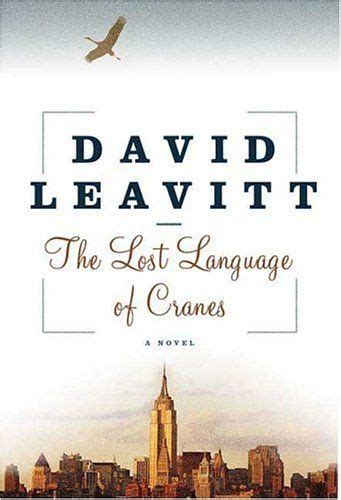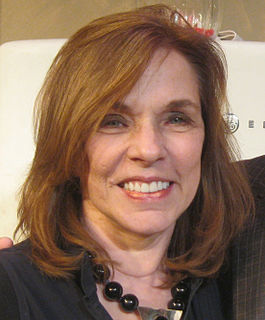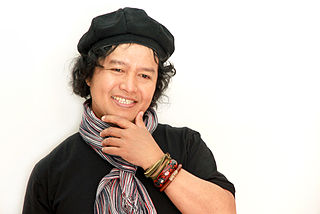A Quote by Tillie Olsen
Compared to men writers of like distinction and years of life, few women writers have had lives of unbroken productivity, or leave behind a 'body of work.' Early beginnings, then silence; or clogged late ones (foreground silences); long periods between books (hidden silences); characterize most of us.
Related Quotes
I have come to believe over and over again that what is most important to me must be spoken, made verbal and shared, even at the risk of having it bruised or misunderstood. That the speaking profits me, beyond any other effect....what I most regretted were my silences. Of what had I ever been afraid? ...Death on the other hand, is the final silence...my silences had not protected me. Your silences will not protect you.
I love your silences, they are like mine. You are the only being before whom I am not distressed by my own silences. You have a vehement silence, one feels it is charged with essences, it is a strangely alive silence, like a trap open over a well, from which one can hear the secret murmur of the earth itself.
We have to hear the stories of women at all ages of their lives in order to really present a picture of what it felt like to be alive in our time. That's what our job is as writers is to present that and create it. Our job as writers isn't to make as much money as we can. Our job is to create a record of this time. That's why if you leave out women and the stories of women, we failed at our mission. All of us. Men and women.
Literary history and the present are dark with silences . . . I have had special need to learn all I could of this over the years, myself so nearly remaining mute and having to let writing die over and over again in me. These are not natural silences--what Keats called agonie ennuyeuse (the tedious agony)--that necessary time for renewal, lying fallow, gestation, in the natural cycle of creation. The silences I speak of here are unnatural: the unnatural thwarting of what struggles to come into being, but cannot.
You know, it's a funny thing about writers. Most people don't stop to think of books being written by people much like themselves. They think that writers are all dead long ago--they don't expect to meet them in the street or out shopping. They know their stories but not their names, and certainly not their faces. And most writers like it that way.
